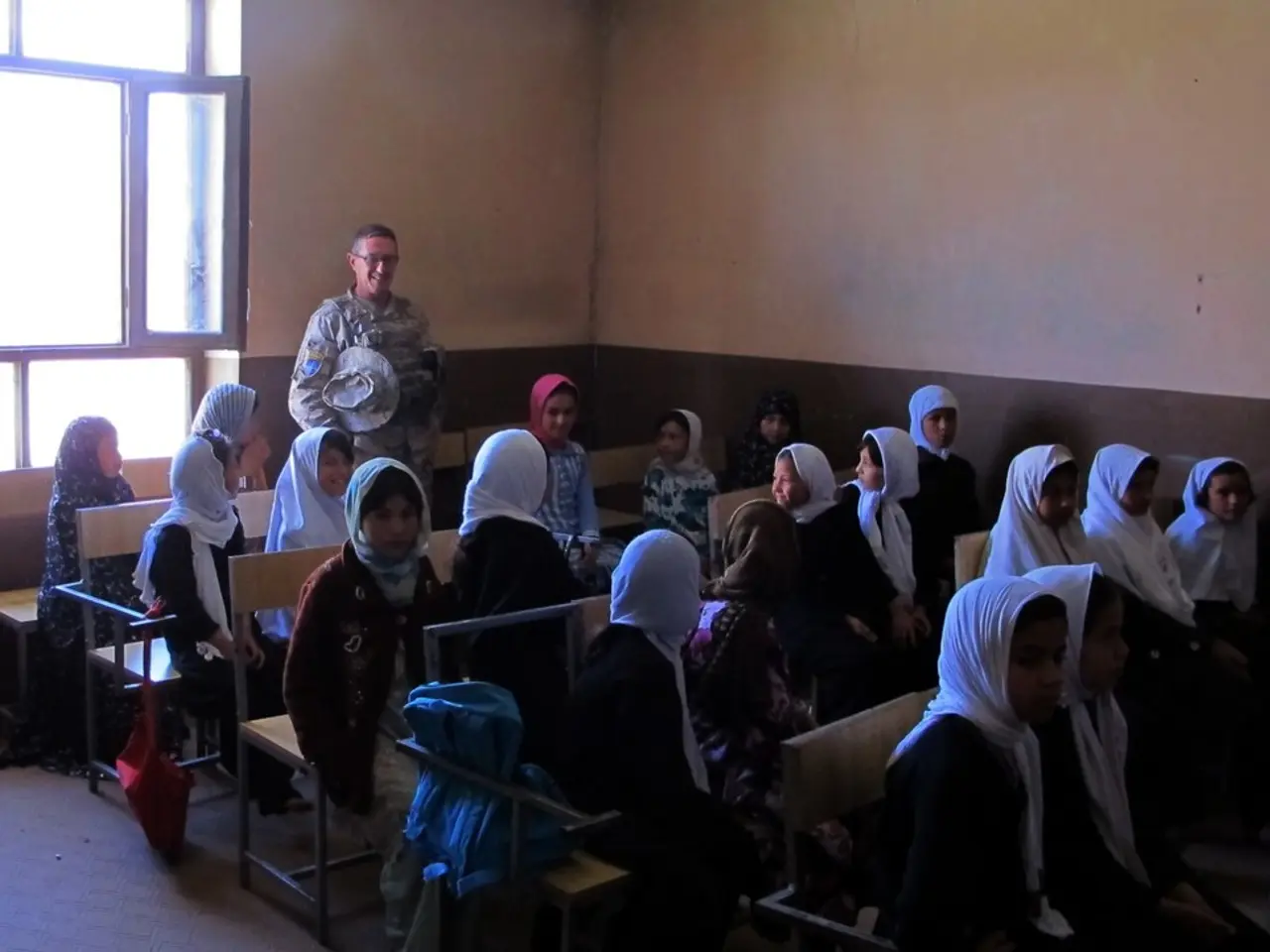Is the International Baccalaureate Programme in the U.S. more demanding than in Europe?
The International Baccalaureate Diploma Programme (IBDP) is a standardized two-year curriculum taught in over 140 countries, including the U.S. and Europe. This rigorous programme requires students to engage in a broad, balanced curriculum spanning six subject areas and including core elements such as Theory of Knowledge (TOK), Extended Essay (EE), and Creativity, Activity, Service (CAS).
Despite the global consistency of the IBDP, the student experience can vary significantly between the U.S. and Europe. This difference is primarily due to educational context rather than the core curriculum.
In Europe, especially in countries with traditional advanced programs like A-Levels (UK) or other national curricula, students may experience pressure related to competing qualifications. The European IB cohort often aligns IB completion alongside or in competition with A-Levels or other rigorous exams, creating a context where IB is seen as an alternative to deep specialization. In contrast, in the U.S., the IB is often offered alongside Advanced Placement (AP) exams, with IB viewed as a way to develop a critical, interdisciplinary approach that can be more demanding in holistic assessment, including internal assessments and extended writing tasks.
The preparation approaches for IB exams also vary by region. U.S. schools might integrate more continuous assessments and classroom-based preparation typical of the AP and U.S. system, whereas European schools might follow more traditional exam-centered revision strategies. In Europe, IB's broad curriculum contrasts the specialization seen in A-Levels, which influences study focus and exam preparation intensity for fewer subjects but to greater depth.
Cultural and institutional differences also affect the pressure levels in IB. In the U.S., IB has been encouraged as part of initiatives to boost advanced STEM education, leading to an environment emphasizing both academic rigor and skill development like critical thinking and interdisciplinary learning. European IB schools, especially in the UK, have seen fluctuations in support linked to educational policy and debates about equity and access, which can contribute to different pressures regarding the value and accessibility of the IB Diploma. Additionally, private and international schools—more prevalent in Europe for IB—may create environments with higher self-imposed or cultural pressure.
Across both regions, IB emphasizes communication, collaboration, global awareness, and self-management skills that prepare students for global careers and higher education. This experiential focus might feel more intensive compared to other secondary education exams common in Europe or the U.S.
In summary, the fundamental IB Diploma curriculum and exams are global and consistent, but in the U.S., IB students may experience a blend of critical thinking and continuous assessment pressure integrated with other U.S. academic expectations, whereas in Europe, IB competes with or complements specialized systems like A-Levels, affecting the preparation focus and pressure levels. Both experiences emphasize global skills and interdisciplinary learning but are shaped by local educational cultures and policies.
For students preparing for IB in the U.S., it might be beneficial to adopt a more European approach using tools like RevisionDojo for exam-level performance. In the U.S., many students receive unconditional university offers before IB exams, which may result in less focus on exam performance. Schools in Europe, however, emphasize depth, exam rigor, and student accountability.
If you need help creating a globally rigorous IB study plan using structured tools like Jojo AI flashcards and essay-planning guides, just ask.
Students preparing for IB in the U.S. might find it beneficial to utilize a more exam-focused approach, similar to the strategies used in Europe, such as resources like RevisionDojo for improved exam performance. This could help bridge the gap between the varying approaches towards IB exam preparation in different regions. Additionally, leveraging educational tools like Jojo AI flashcards and essay-planning guides can support a structured and globally rigorous IB study plan.




